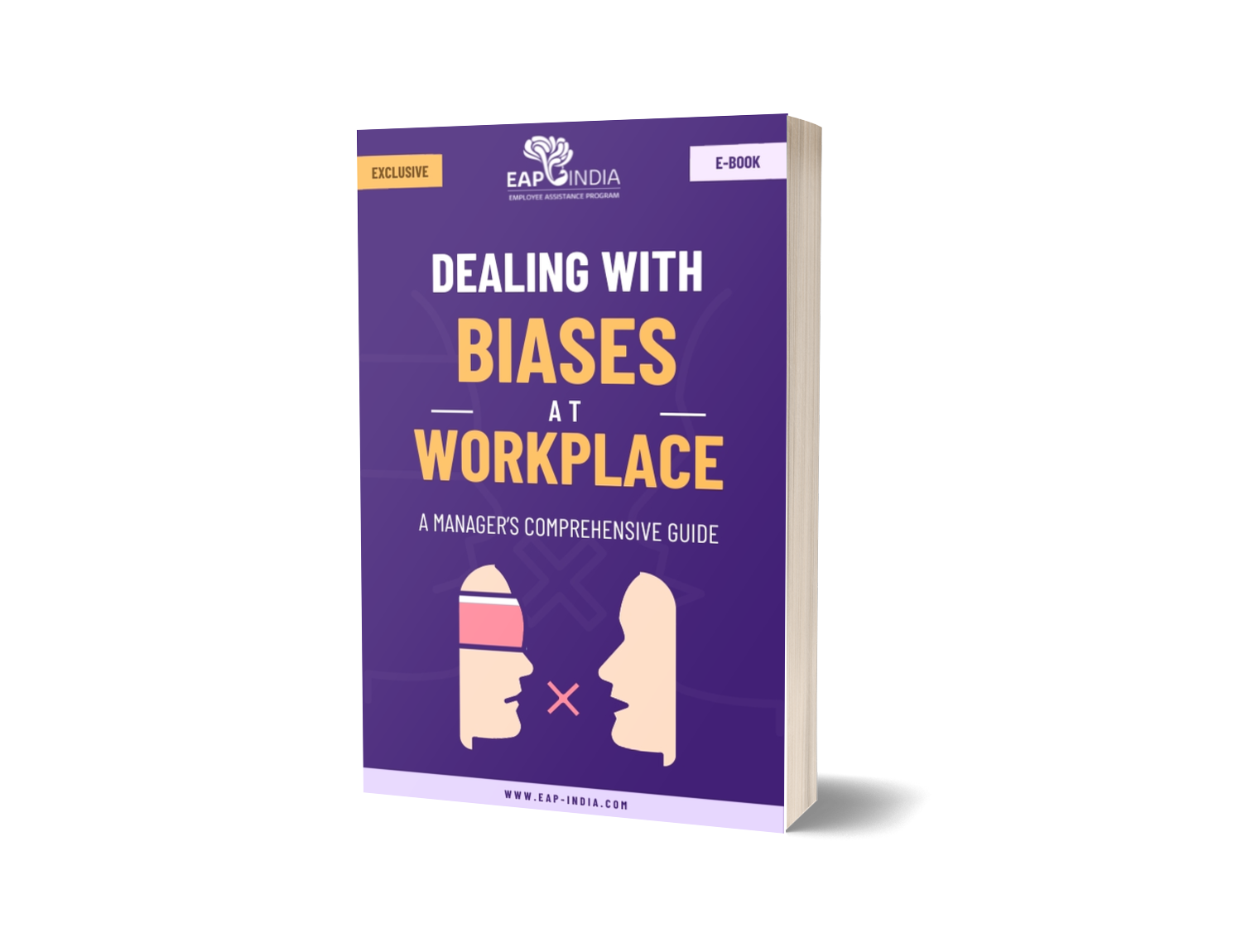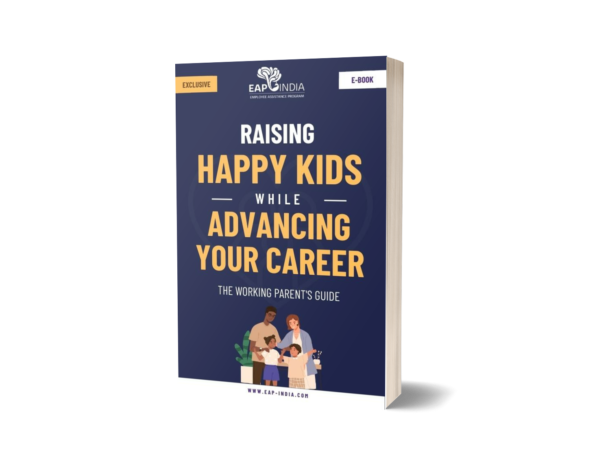Obsessive-Compulsive Disorder (OCD) is a mental illness characterized by recurring, unwanted thoughts (obsessions) and repetitive behaviors or mental acts (compulsions). It is a mental illness that interrupts the life of a person and gets in the way of working, following hobbies and spending time with family and friends.
The obsessions and compulsions can consume significant time and mental energy, leading to distress and impairment in functioning.
OCD often coexists with other mental health conditions such as anxiety disorders and depression. These conditions can aggravate the symptoms of OCD and make it more challenging to manage.
Obsessions in OCD commonly revolve around themes such as contamination fears, fear of causing harm to others, need for symmetry or exactness, and intrusive thoughts that are often disturbing or distressing.
Compulsions are repetitive behaviors or mental acts performed in response to the obsessions, aimed at reducing anxiety or preventing perceived harm. Examples include checking if the gas is switched off, cleaning or washing excessively, counting, and seeking reassurance from others or intrusive thoughts or images that may be violent or sexual in nature.
Employees grappling with obsessive-compulsive disorder (OCD) often endure a rollercoaster of emotions, including fear, feelings of anxiety and sadness. They may worry that they are going mad or are a bad person. It is important to recognize that OCD is nothing to be embarrassed or ashamed about.
Obsessive-Compulsive Disorder (OCD) is caused due to a complex interplay of genetic and environmental influences. These factors vary from familial history of OCD and brain structure to exposure to stressful life events such as bullying, abuse, or significant life events like childbirth, loss of a loved one or divorce.
Genetics play a significant role, with individuals having first-degree relatives who developed OCD during childhood or adolescence have a higher susceptibility. Additionally, research indicates distinct structural variations that can be identified as being affected.
Environmental factors, particularly early-life trauma including physical, sexual, or emotional abuse, can also heighten the risk of OCD development. Individuals with OCD often exhibit lower serotonin levels and heightened brain activity in specific regions, this contributes to symptom manifestation.
Certain personality traits, like high levels of anxiety, perfectionism, and a strong sense of responsibility, may further predispose individuals to OCD tendencies.
Look we all from time to time have worries, anxieties and mild compulsions but if our thoughts or compulsions seem excessive and are affecting our ability to carry out your daily routines, it is important to seek help because OCD will not disappear on its own.
Managers play a crucial role in recognizing signs of OCD in their team members and facilitating access to counseling and support services. As a manager if you are observing some of these symptoms mentioned above, talk to the employee and support him or her to get counselling help.
Employees are the company’s biggest asset and supporting them to live in an optimum mental health state will be a true win/win situation for the employee and the employer.







